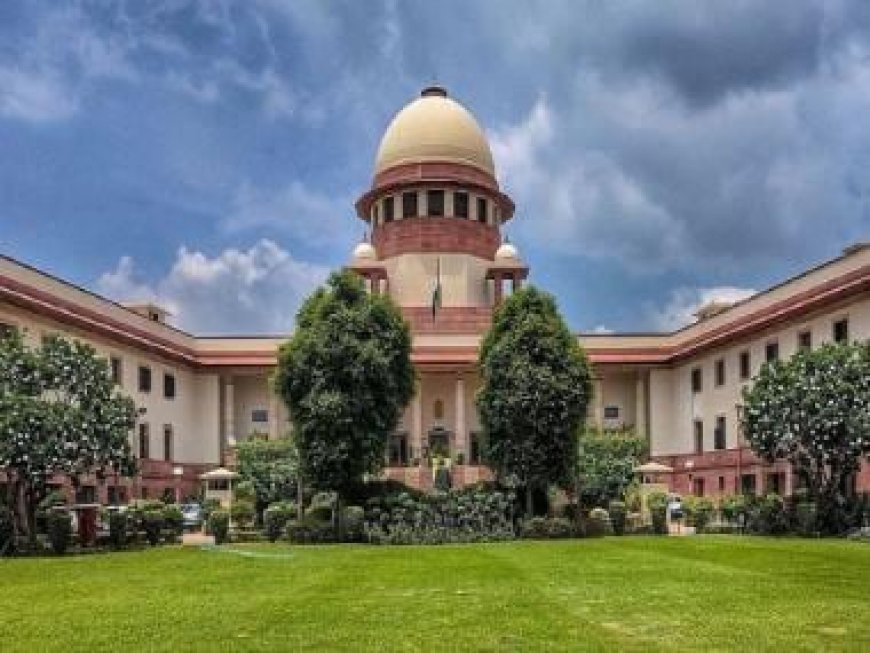'Motor accident claim need not be filed at Claims Tribunal where accident occurred': Supreme Court
'Motor accident claim need not be filed at Claims Tribunal where accident occurred': Supreme Court

The Supreme Court of India has made a pivotal observation that is likely to change how victims file claims for accidents to the Motor Accidents Claims Tribunal, making it much easier for victims to file a claim and pursue cases.
The Supreme Court made an observation, clarifying that claimants seeking compensation under Section 166 of the Motor Vehicles Act, 1988, are not obligated to file their application with the Motor Accident Claims Tribunal (MACT) located in the area where the accident occurred.
Instead, they have the option to approach the MACT in the jurisdiction of their domicile, that is, where they reside, conduct business, or even where the defendant resides, should the claimant choose to.
This decision was taken by Justice Dipankar Datta while handling a transfer petition, in the case Pramod Sinha vs Suresh Singh Chauhan (Tr.P (C) 1792/2023), as per a report by Live Law.
The court observed that the petitioner, who owned the vehicle involved in the accident, had requested the transfer of the claim petition to the MACT in Darjeeling, West Bengal, where the accident took place.
“The claimants having chosen the option to approach the MACT, Farrukhabad at Fatehgarh, UP, a forum that law permits them to choose, no grievance can be raised by the petitioner. The contention is misconceived and, hence, stands overruled,” the court observed.
However, the court ruled that since the claimants had chosen to approach the MACT in Farrukhabad at Fatehgarh, Uttar Pradesh, which was permitted by law, the petitioner cannot raise any objections. The court deemed the petitioner’s argument as misconceived, before rejecting it.
The petitioner had also raised concerns about language barriers, stating that all witnesses are from Siliguri, where Bengali is the dominant language. The court dismissed this contention, emphasizing that India is a diverse country with multiple official languages, including Hindi, which is the national language.
The court expected the witnesses to communicate and present their statements in Hindi before the MACT in Fatehgarh, U.P. If the petitioner’s argument were to be accepted, it would disadvantage the claimants, who may not be able to communicate effectively in Bengali.
“In a country as diverse as India, it is no doubt true that people speak different languages. There are at least 22 (twenty-two) official languages. However, Hindi being the national language, it is expected of the witnesses who would be produced by the petitioner before the MACT, Fatehgarh, U.P. to communicate and convey their version in Hindi. If the contention of the petitioner is to be accepted, it is the claimants who would be seriously prejudiced not being in a position to communicate and convey their version in Bengali,” the court observed.
What's Your Reaction?

























































